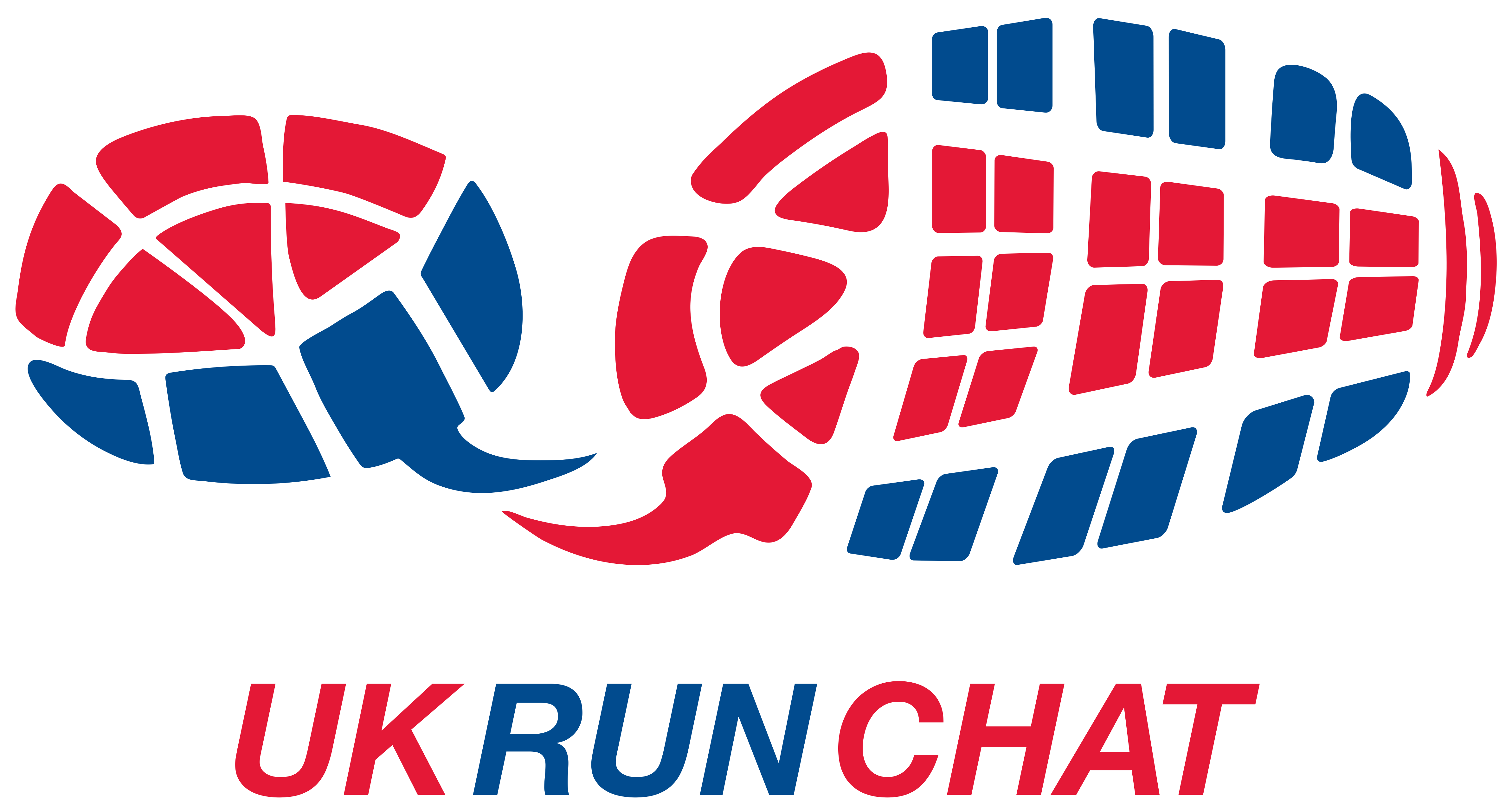D. Travis Thomas, PhD, RDN, CSSD, LD, FAND | Department of Clinical Sciences | University of Kentucky
It is exciting to see a truly comprehensive exercise recovery beverage for serious athletes! Enhanced Recovery Omega-3 Sports Recovery Drink aligns with current sports science by covering the three “Rs” of nutritional recovery following hard exercise: rehydration, refueling, repair. In addition to these essential recovery components, the team at Enhanced Recovery added a unique combination of ingredients that are known to augment the benefits of protein consumption for skeletal muscle repair. These ingredients work together to optimize muscle function by supporting a healthy inflammatory and antioxidant response and to reduce muscle damage and soreness. Among the ingredients that contribute to this are omega-3 (n-3) polyunsaturated fatty acids (PUFA). These PUFAS have been the focus of study for years to elucidate their protective effects on health and their relationship with combatting whole-body inflammation. The most common dietary source of n-3 PUFAs is oily fish, with the highest content found in wild salmon, herring, mackerel, trout, halibut, tuna, shrimp, snapper, cod, anchovies and sardines. However, it is very clear that most people do not come close to consuming enough of these fatty acids and Enhanced Recovery Omega-3 Sports Recovery Drink is a convenient way for athletes to fill this nutritional gap. Using novel approaches to focus on palatability, the groundbreaking addition of these n-3 PUFAs without having a fishy aftertaste makes this beverage an outstanding and convenient addition to any training diet across the lifespan.
Specific to sports performance and recovery from training, n-3 PUFAs possess anti-inflammatory properties and work to enhance skeletal muscle cell membrane fluidity. When consumed daily, the increase in the n-3 content of skeletal muscle results in positive muscle cell adaptations to exercise, gains in muscle mass, muscle strength, and enhanced rates of muscle protein synthesis (1-2). It is thought that combining n-3 PUFA intake with protein may increase rates of muscle protein synthesis more than consuming either alone. Wall et al. (3) noted that n-3 PUFAs augment the anabolic sensitivity to amino acids in healthy individuals across the lifespan. These benefits can be particularly important for athletes involved with heavy training loads and those recovering from injury. New work from McGlory et al. (4) concluded that n-3 PUFA supplementation reduced muscle loss following a 2-week period of braced limb immobilization. The research team observed that the supplemented group also had greater rates of muscle protein synthesis.
While these findings are fascinating and certainly are important for athletes, the potential benefits of increasing n-3 PUFA intake may extend well beyond helping skeletal muscle. Promising research is currently examining the role of n-3 PUFAs on reducing risk of developing illness and improving skills such as reaction time due to the potential neuroprotective benefits of omega-3 fats (2). These studies highlight just a few of the many reasons that the successful addition of n-3 PUFAs to the novel Enhanced Recovery Omega-3 beverage contributes to not only improve exercise recovery but to also support optimal health across the lifespan.
References:
Philpott JD, Witard OC, Galloway SDR. Applications of omega-3 polyunsaturated fatty acid supplementation for sport performance. Res Sports Med. 2019;27(2):219-237.
Gammone MA, Riccioni G, Parrinello G, D’Orazio N. Omega-3 polyunsaturated fatty acids: benefits and endpoints in sport. Nutrients. 2018;11(1).
Wall BT, Morton JP, van Loon LJC. Strategies to maintain skeletal muscle mass in the injured athlete: nutritional considerations and exercise mimetics. Eur J Sport Sci. 2015; 15(1):53-62.
McGlory C, Gorissen SHM, Kamal M, et al. Omega-3 fatty acid supplementation attenuates skeletal muscle disuse atrophy during two weeks of unilateral leg immobilization in healthy young women. FASEB J. 2019;33(3):4586-4597.




